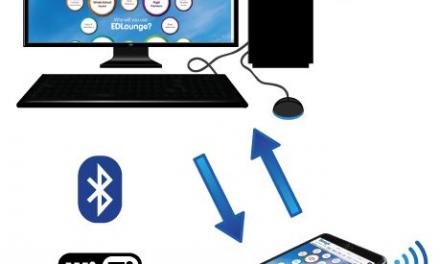Digital Technology and its place in the classroom has been a hot topic in education over the last few months. From September,when the new computing curriculum will come into effect, England will be the first country in the world to make this mandatory in both primary and secondary education (The Telegraph, December 2013).
One country that embraced digital technology before many other countries is Estonia, where children are already taught programming, robotics and generating QR codes for their smartphones (BBC, 2014).
Technology is an intrinsic part of everyday life now, yet I am still surprised to learn that “Three per cent of children aged 3-4 have their own tablet computer. This ownership figure increases to one in eight 5-7s (13%), around one in five 8-11s (18%) and one in four 12-15s” (Ofcom, 2013).
These children have been brought up in a world of smartphones and tablets, with music, films and books readily available with a few clicks. This technology appears to be second nature to many; this was made clear to me when my 5 year old niece taught me how to use an iPhone.
It can’t be denied that this is now part and parcel of everyday life, increasingly so in the classroom:
In education, there has been a fundamental pedagogical shift, in which devices are increasingly seen as a support to teaching, helping to explain ideas more clearly, engaging pupils more effectively without becoming a distracting presence in the classroom.
Of course it makes sense to give children the tools and skills they need for the future from an early age and it is evident that a sound understanding of the language of computers would give prepare them for this future.
So what are the drawbacks? An issue that was identified in The Royal Academy of Engineering’s report Shut Down or Restart?(The Royal Society, 2012) was the fact that “There are simply not enough teachers with sufficient subject knowledge and understanding to deliver a rigorous Computer Science and Information Technology curriculum in every school at present”. This is an issue that clearly has to be resolved by the commencement of the new curriculum.
The BBC reports that “A network of 400 “master” computer science teachers is being recruited to deliver a new computer science curriculum in schools across England.” (BBC, Jan 2014). With 24,328 schools across England (January 2013 School Census), ensuring teachers are equipped to impart the knowledge and understanding for pupils to prosper in a digital world before September may be a tall order, but despite difficulties that will inevitably arise with the initiation of the curriculum, I believe it will be one well worth the effort.








